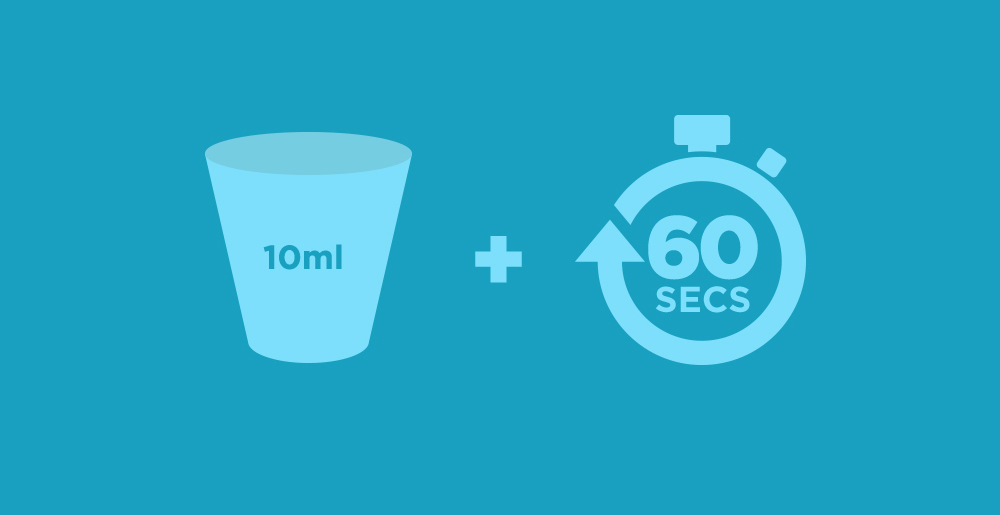One of the most common concerns that parents ask their child’s dentist about is why their son or daughter has bad breath. Bad breath may seem to come and go or be a chronic concern that affects your child all day long. Rather than simple morning breath some children suffer from halitosis that lasts throughout the day, no matter what is done to help it.
What are the causes of bad breath in children?
The most common cause of bad breath (halitosis) is odorous bacteria within the mouth. Unfortunately, brushing the tongue is not always an effective way to remove this bacteria. Although oral hygiene habits such as brushing and flossing are important, they are not capable of removing the bacteria that are present among the thousands of small papilla that cover the surface of the tongue.
Health conditions and habits that may cause your child to have bad breath
Children who have mouth breathing habits are also likely to suffer from severely bad breath. Breathing through the mouth as opposed to the nose can create a dry environment that allows certain types of bacteria to create more odours than normal. Mouth breathing may be due to anatomical factors (such as overbites or overjets), but it may also be contributed to chronic sinus infections or allergies.
Orthodontic treatment
Fixed orthodontic appliances make it easier for large amounts of odour-forming plaque bacteria to deposit in areas throughout the mouth. When bad breath is present in children undergoing orthodontic treatment, it is an indication that oral hygiene habits are not adequate. If your child wears braces and is experiencing halitosis, it indicates that they may not be effectively removing plaque biofilm around their brackets or other types of fixed appliances.
Oral hygiene for children
Controlling the bacterial levels inside of your child’s mouth is the most effective way to reverse and prevent bad breath. Encourage your child to brush twice each day for two minutes, and floss between their teeth once a day. It’s also a good idea to help your child brush and floss until they have learned to tie their own shoes. Using a mouth rinse on a regular basis can also limit the number of odour causing bacteria in the mouth, especially in areas such as on the tongue. Rinses are also useful for accessing bacteria in some places that brushing or flossing does not always reach.

THE POWER OF THE SWISH
Go Beyond Just Brushing
